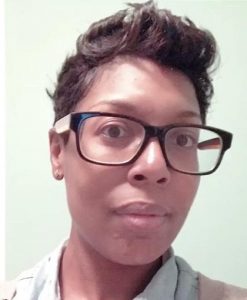by Rivi Feinsilber
Dr. Stephen Kenney is the Museum Director of the Commonwealth Museum right here in the state of Massachusetts. He earned his PhD in International Relations from Boston University and started his career as a faculty member, …

Featuring profiles of outreach & advocacy in cultural heritage
by Rivi Feinsilber
Dr. Stephen Kenney is the Museum Director of the Commonwealth Museum right here in the state of Massachusetts. He earned his PhD in International Relations from Boston University and started his career as a faculty member, …
by Ashley Williams

From copy editor to Director of the Center for Digital Scholarship at the University of Chicago, Stacie Williams has had an exciting career journey filled with achievements and accolades. Stacie graduated from the University of Wisconsin-Madison with …